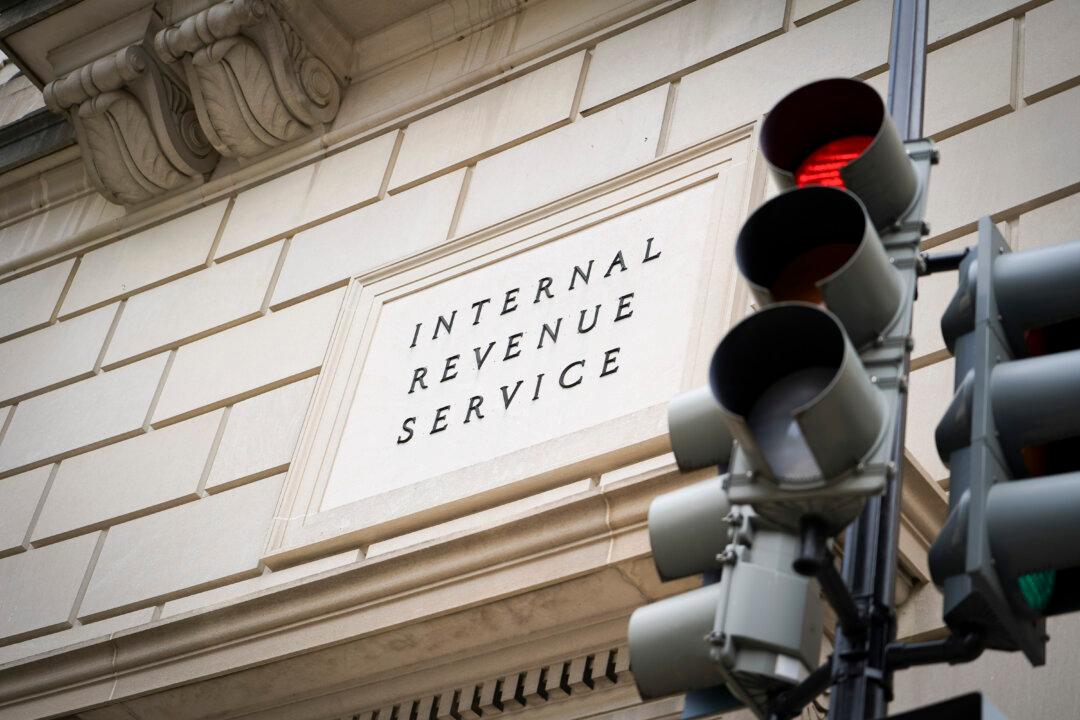The Internal Revenue Service (IRS) has disclosed that it raked in nearly $5 trillion in taxes from Americans in the last fiscal year, while boosting the amount it paid out in refunds by nearly 3 percent and boasting that it kept its pledge not to increase audit rates for those earning less than $400,000 per year.
After a record $4.9 trillion haul in the 2022 fiscal year, the IRS collected a slightly lower but still substantial $4.7 trillion last year, according to the IRS’s annual Data Book for fiscal year 2023.





